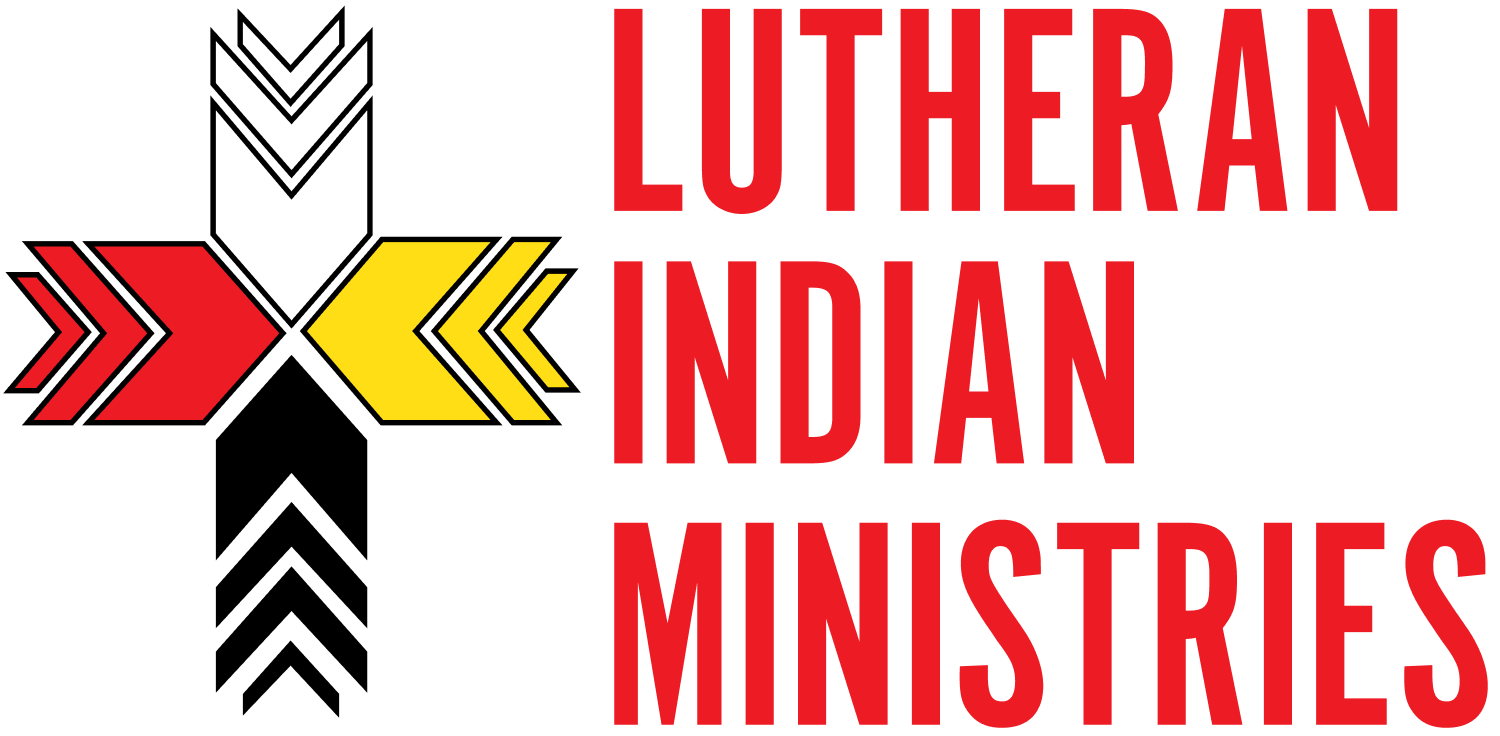This Week in Native American News (5/29/2020): Memorial Day, Water Filters, and Podcasts
May 29, 2020
Memorial Day in Indian Country
Drum used by Native American soldiers during Operation Iraqi Freedom, 2007 and 2008. 27/167. The drum was also used in a Cheyenne Soldier Dance held for Cody Ayon (Southern Cheyenne) in 2010 when he returned to the United States. Mr. Ayon gave the drum to the museum in 2018. (National Museum of the American Indian)
Native American, Alaska Native, and Native Hawaiian men and women have always been defenders of their lives, lands, and way of life. The call to serve in the U.S. armed forces has resonated for Native people from the country’s founding—long before they were recognized as American citizens—to the present day. At the same time, Native communities have never taken casualties lightly. Native nations pay homage to fallen warriors as heroes with ceremonies, feasts, and prayers—formal, reverent memorials held throughout the year.
With more than 600 federally recognized and state-recognized tribes, there is a great deal of distinction within Native America in how tribes, families, and individuals honor and remember their dead, including their deceased veterans. But virtually every community holds a patriotic, religious, and traditional gathering on Memorial Day.
Read the Full Story Here
Group’s filters help Navajo Nation have safe drinking water amid pandemic
Ursuline Sister Larraine Lauter demonstrates the use of a Sawyer PointOne filter Sept. 5, 2019, in the Water With Blessings office in Middletown, Ky. As the coronavirus digs deeper into Navajo Nation, infecting Native Americans at a higher rate than anywhere in the country, 1,500 miles away a nonprofit in the Archdiocese of Louisville is working to ease the suffering. (CNS photo/Ruby Thomas, The Record)
As the coronavirus digs deeper into Navajo Nation, infecting Native Americans at a higher rate than anywhere in the country, 1,500 miles away a nonprofit in the Archdiocese of Louisville is working to ease the suffering.
Water With Blessings — which provides donated Sawyer PointOne water filtration systems to communities around the world that lack safe drinking water — is sending water filters to the Navajo people.
Ursuline Sister Larraine Lauter, co-founder of the nonprofit, said a lack of safe drinking water is making the Navajo people especially vulnerable to COVID-19, the disease caused by the coronavirus.
Read the Full Story Here
Happy Birthday, Jim Thorpe! The Smithsonian is Celebrating by Making His Daughter's Archives More Accessible Online
Jim Thorpe (Sac and Fox), with the inscription “To my little girl Grace From Dad Jim Thorpe 1951.” The photo, in the original folder frame, shows Thorpe during his career with the Canton Bulldogs football team, ca. 1915 to 1920. Grace Thorpe Collection, NMAI.AC.085 (pht_092_002). (National Museum of the American Indian Archives Center, Smithsonian)
Although the exact date is unknown, it is generally believed that James Francis Thorpe (Sac and Fox [Sauk]) was born on May 22, 1887, or May 28, 1888, in Indian Territory near present-day Prague, Oklahoma. Jim Thorpe went on to become the first Native American athlete to win an Olympic gold medal for the United States and is considered by many to be one of the greatest athletes of all time.’
Read the Full Story Here
Listen to this:
New album shares songs from Squamish and Lil'wat Nations
Songs From Our Nation Vol. 3 features 12 tracks from SLCC ambassadors recorded in the Skwxwútszan7mesh Sníchim (Squamish language) and Ucwalmícwts (Lil'wat language).
"I was very emotional [when the album came out]. I didn't see myself being part of something so big. I never realized when recording it that I'd have so many emotions towards this project. But I feel that it's not just for myself, it's for those that are learning to sing the songs."
New podcast spotlights indigenous artists, seeks to inspire others
Alexis Sallee wants more people to try to make art, and she hopes the new podcast she hosts will help people give themselves permission to do just that.
Sallee, who grew up in Anchorage and is Iñupiaq and Mexican, is one of the hosts of the recently launched “Native Artist” podcast. The new project — available on Apple Podcasts, Spotify, Google Play Music and Stitcher —spotlights the efforts of indigenous artists working in a broad spectrum of fields.
It’s hard to fit all the news in a little space.
To read all of this week's news, visit the LIM Magazine.
Sign up to get these emails in your inbox and never miss a week again!






